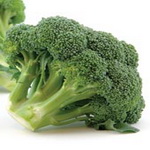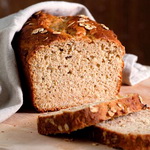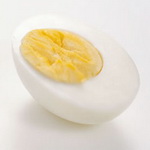|
Chromium – Essential In Diabetes PreventionChromium is a chemical element on the periodic table with symbol Cr and atomic number 24 as well as a nutrient and trace mineral. The mineral has a role in moving glucose into cells and in fat (lipid) metabolism. The mineral also enhances the actions of insulin and is important for metabolism of carbohydrates, fats, and protein in the body.
The mineral is transported in the bloodstream by transferrin and albumin, and the mineral is stored in the liver, spleen, and bone, with the excess being excreted by the kidneys in the urine. Dietary Recommendations The average intake (AI) of the mineral for adults 19 to 50 years old is 35 micrograms/day for men and for women 25 micrograms/day. For older adults for men the AI is 30 micrograms/day and for women 20 micrograms/day. Mineral Sources Sources of the mineral include a wide variety of foods such broccoli, green beans, beef, processed meats, egg yolks, whole grains, brewer’s yeast, molasses, and spices. Mineral Food Sources 


Mineral Deficiency Deficiency of the mineral can result in a decrease in the actions of insulin mediated glucose uptake by cells, decreased insulin sensitivity, elevated blood glucose, elevated insulin levels, and abnormalities in blood lipid. These results of mineral deficiency are thought to play a part in the onset of late onset diabetes, raised cholesterol levels, obesity, and atherosclerosis. The deficiencies occur in the young and in older adults. Mineral Toxicity Mineral toxicity is basically unknown since it is poorly absorbed and excreted easily. The known incidence occurs in those that are exposed to airborne chromium compound in industrial settings.
For other information on nutrition some great references are: • Nutrition – Fourth Edition by Paul Insel, Don Ross, Kimberley McMahon, and Melissa Bernstein • The Vitamin Alphabet – Your guide to vitamins, minerals and food supplements by Dr. Christiana Scott-Moncrieff MB, CHB, MFHOM
Nutrients In Food
|






